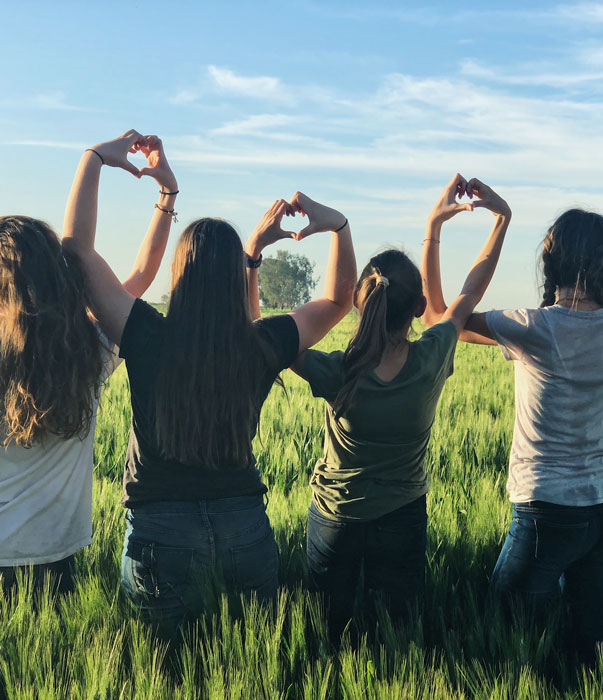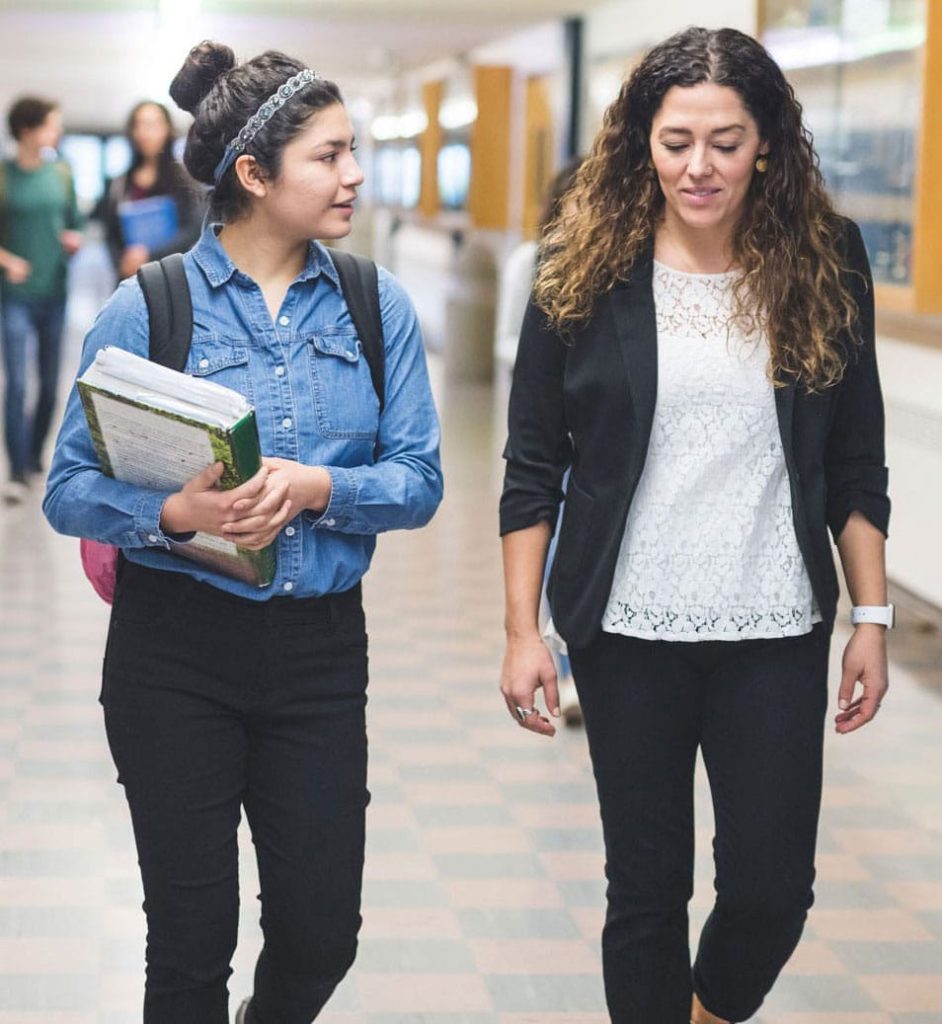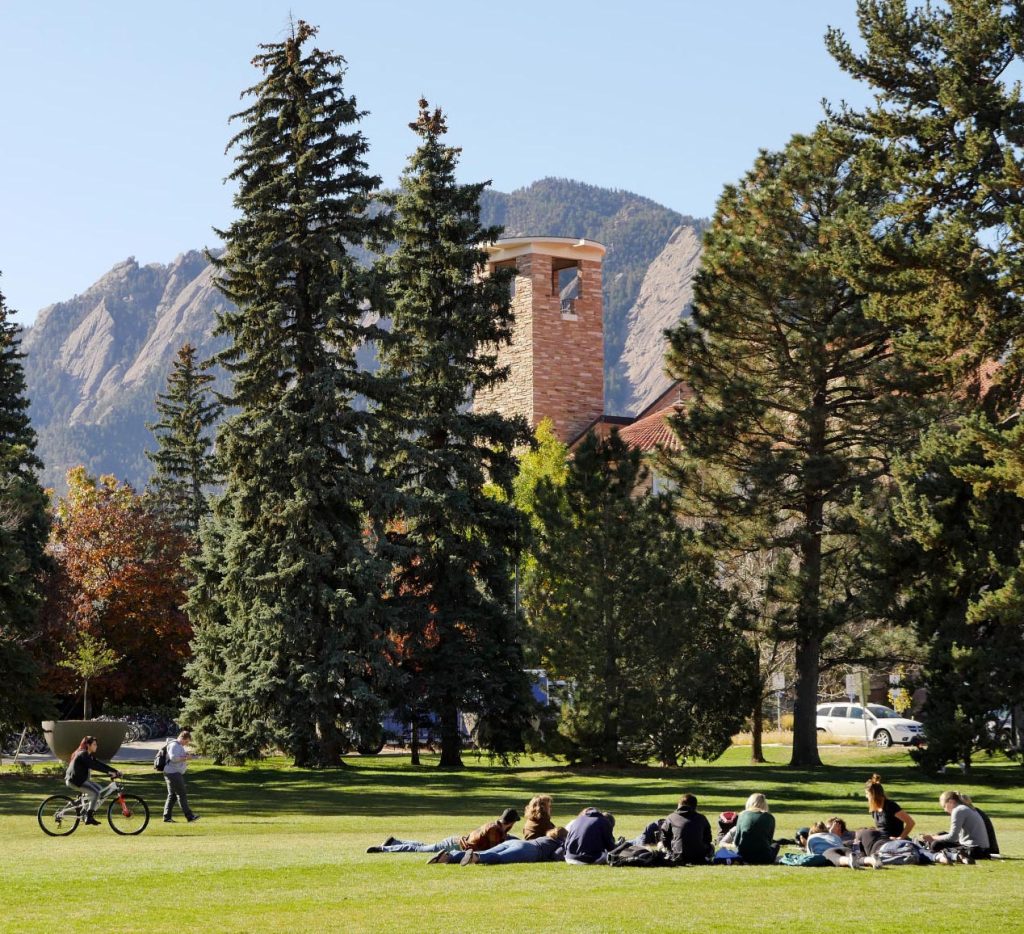Prevention Science
Understanding Problem Behavior
Researchers in the Prevention Science Program seek to understand behaviors that put young people’s and adult’s health and development at risk.
Founded in 1968, the Prevention Science Program (formerly Problem Behavior and Positive Youth Development) is an interdisciplinary effort seeking to understand the nature, course of development, and later life consequences of behaviors that put young people’s and adults’ health and development at risk as well as those that promote positive life course development. We focus on the translation of science to action. Not only do we do basic research, but we also design and test interventions and work actively with communities to make a difference in the lives of children and their families. Throughout this work, we recognize the importance of attending to cultural diversity in experience and a potential need for cultural adaptation of interventions.

Please consider a donation to IBS.
Our Initiatives
The Program includes several major initiatives that organize our work, including the Center for the Study and Prevention of Violence, Blueprints for Healthy Youth Development, the Center for Resilience + Well-Being, and LifeSkills Training Implementation.
Center for the Study and Prevention of Violence (CSPV)
CSPV researchers work to prevent violence and problem behavior, while promoting positive youth development. Their multidisciplinary efforts build bridges between the research community, practitioners, and policy makers, to put high quality research into practice. The Center’s efforts focus on basic and translational research on program effectiveness, as well as providing resources, training, and technical assistance to communities as they select and implement evidence-based programs, practices and policies. Their overarching goal is to enhance nurturing environments and improve emotional well-being, positive relationships, and academic performance while reducing risk factors for violence, delinquency, substance abuse, and other problem behaviors.


Blueprints for Healthy Youth Development
Founded in 1994, Blueprints for Healthy Youth Development provides a comprehensive registry of scientifically proven interventions that prevent or reduce the likelihood of antisocial behavior and promote a healthy course of youth development and adult maturity. We also advocate for evidence-based interventions locally and nationally and produce publications on the importance of adopting high-scientific standards when evaluating what works in social and crime prevention interventions.
Most programs implemented in communities to improve youths’ lives, unfortunately, do not produce the hoped-for effects when rigorously evaluated, or cost more to implement than they produce in benefits. Blueprints promotes only those interventions with the strongest scientific support.
Interventions certified by Blueprints are family, school, and community-based and target all levels of need—from broad prevention programs that promote positive behaviors while decreasing negative behaviors to highly-targeted programs for at-risk children, troubled teens or formerly incarcerated adults that get them back on track.
Center for Resilience + Well-Being
We develop programs that help schools and families build nurturing environments and experiences in supportive relationships that develop the social and emotional skills of adults and youth.
Our trauma-responsive programs, trainings, and consultations for educators, youth serving agencies, and mental health professionals are available in our home state of Colorado and across the globe. Each program is designed to help professionals apply the latest in research and evidence-based practices to their communities of care and education. We draw on the power of trans-disciplinary evidence and actively research our programs’ effectiveness to ensure we are positively contributing to the communities we serve directly and the field at large.


LifeSkills Training Implementation
The LifeSkills Training (LST) Implementation team translates research into action by facilitating high quality replications of the evidence-informed Botvin LifeSkills Training Middle and High School programs in schools across the country. These universal prevention programs teach personal self-management skills, social skills, and general refusal skills to equip adolescents with the knowledge and skills to develop healthy attitudes and behaviors. The LST team monitors program fidelity so that schools and students can achieve the optimal outcomes that research studies on these programs have demonstrated.
Violence Prevention Project
The Violence Prevention Project uses a public health approach to strengthen the systems and procedures for identifying and mitigating harm, such as targeted violence, hate crimes, and other safety concerns.
Our goal is to empower community members and practitioners on critical strategies for violence prevention. To do this work, our research team partners with educators, law enforcement officials, mental health professionals, and state and federal agencies to develop, implement, and evaluate innovative tools for violence prevention, including a protocol for behavioral threat assessment for first responders, a case management database for behavioral threat assessment, and a public awareness campaign on the warning signs for violence and the importance of bystander reporting.

